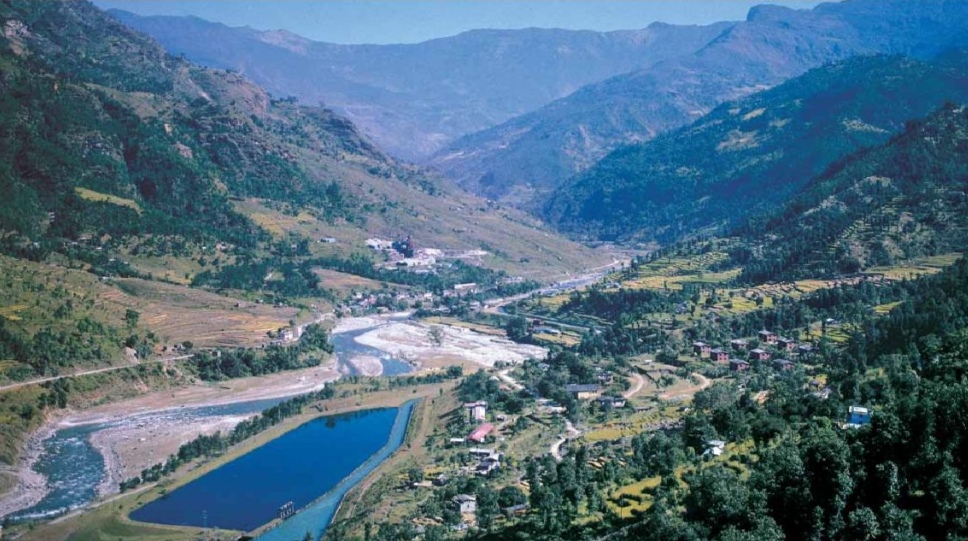Kathmandu, Nepal - Nepal, a country characterized by its diverse topography and rich water resources, is highly vulnerable to the impacts of climate change. The Himalayan region, which serves as the source of major river systems, is experiencing rapid glacial melt, altered precipitation patterns, and increased frequency of extreme weather events. These changes have profound implications for watershed management, which is critical for ensuring water security, sustaining ecosystems, and supporting livelihoods in Nepal.
Climate Change Impacts on watersheds
Climate change is significantly altering the hydrological cycle in Nepal. Rising temperatures have accelerated the melting of glaciers and snow peaks, leading to increased river flows in the short term but posing long – term risks of water scarcity. The retreat of glaciers also increases the risk of glacial lake outburst floods (GOLFs), which can devastate downstream communities and infrastructure. Additionally, changing precipitation patterns, including erratic monsoon rains and prolonged droughts, are affecting water availability and quality.
Importance of Watershed management
Watershed management is essential for mitigating the impacts of climate change and ensuring sustainable water resource utilization. In Nepal, watershed is not only vital for irrigation and drinking water but also for hydropower generation, which contributes significantly to the national economy. Effective watershed management can enhance water retention, reduce soil erosion, and improve ecosystem resilience, supporting both human and ecological needs.
Challenges in watershed management
Nepal faces several challenges in implementing effective watershed management strategies. Limited technical and financial resources, weak institutional frameworks, and lack of coordination among stakeholders often hinder progress. Additionally, climate change introduces uncertainties that complicate planning and implementation.
Strategies for sustainable Watershed management
To address these challenges, Nepal must adopt integrated and adaptive watershed management practices.
Reforestation and afforestation:
Planting trees and restoring degraded lands can enhance water retention, reduce soil erosion, and improve groundwater recharge. Community- based forestry programs, such as those successfully implemented in the mid- hills of Nepal, can serve as models for scaling up reforestation efforts.
Rainwater Harvesting and Storage:
Building small-scale rainwater harvesting can help communities cope with water scarcity during dry seasons. These systems can also reduce the risk of flooding by capturing excess rainfall.
Climate –Resilient Infrastructure:
Developing infrastructure that can withstand extreme weather events, such as reinforced irrigation canals and flood- resistant hydropower plants, is important for long- term sustainability.
Soil and Water Conservation:
Implementing terracing, contour farming, and check dams can minimize soil erosion and improve water infiltration. These practices are particularly important in the fragile landscapes of the Himalayan region.
Conclusion
Climate change poses significant challenges to watershed management in Nepal, but it also presents an opportunity to rethink and innovate water resource management strategies. By adopting integrated, adaptive, and community- centered approached, Nepal can enhance the resilience of its watersheds and ensure water security for future generations. Effective watershed management is not only essential for mitigating the impacts of climate change but also for sustaining the ecosystems and livelihoods that depend on these vital resources.